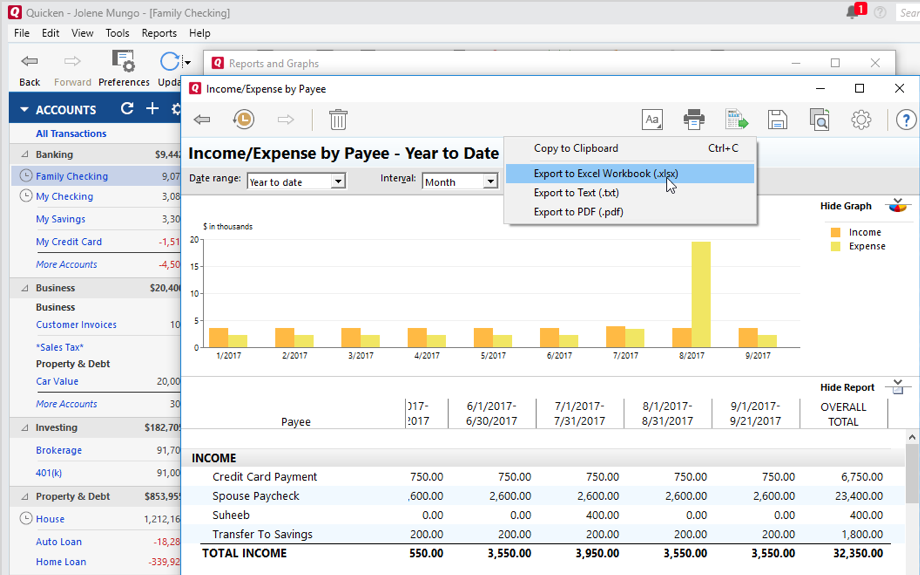
Is there another strategy I'm missing? Personally, I think for relatively small amounts option 2 might be optimal.Quicken Loans dishes out $1.75MM in Super Bowl squares game In the event an audit happens, explain to the auditor that it was for items that had a cost that exceeded the 1099-K amount.ģ) Pretend it's an actual business and fill out a Schedule C reporting sales and expenses, which in this case would show a net loss. What is their best tax strategy?ġ) Just report the $1500 as income and chalk it up to inequities in the tax law.Ģ) Don't report any of it and assume the IRS won't worry about such a small amount. Assume that like many taxpayers today, the seller takes the standard deduction because they don't really have enough deductions to make itemizing worthwhile. Let's assume a taxpayer has eBay sales for the year of $1500, but the original purchase price for the items sold is $2500.

So in their minds they are making money by selling stuff they no longer need, but in the strict accounting sense, they are really taking a loss.

It's not a business for these kind of sellers, and they probably sell most things for less than what they originally paid.

It's not a problem for high-volume sellers who already deal with this, and it also won't affect the low-volume seller who might only sell a few items per year.īut what is the best strategy for the casual mid-range seller who treats eBay as an online garage sale and sells extra and unneeded items from around the house for more than $600 per year. Casual eBay sellers are up in arms over the new rule for 2022 that requiresġ099-K for sellers with $600 or more in sales with no minimum transaction count.


 0 kommentar(er)
0 kommentar(er)
